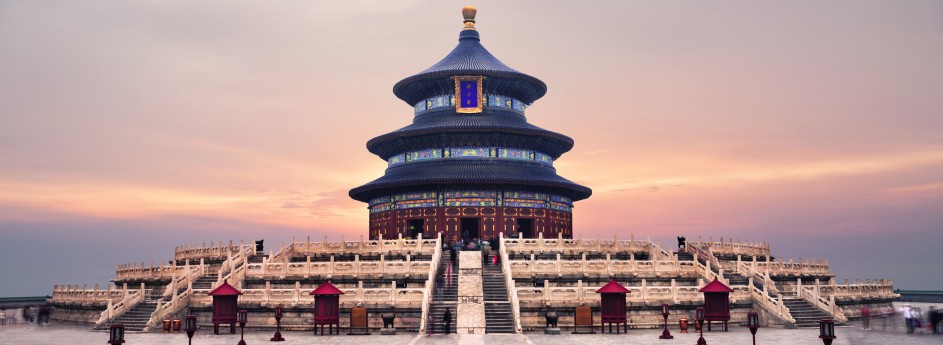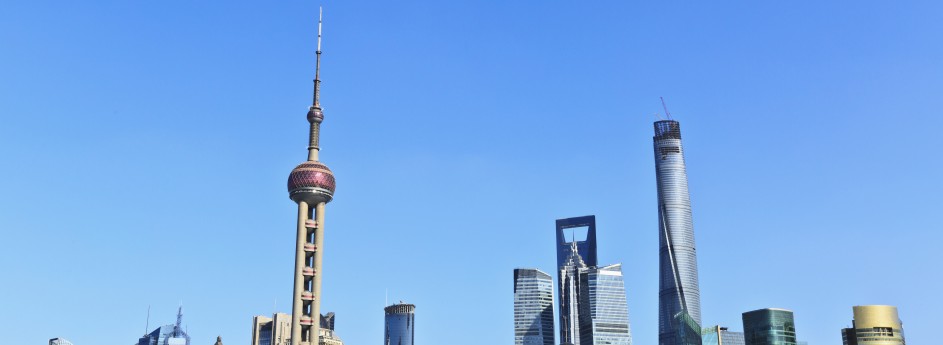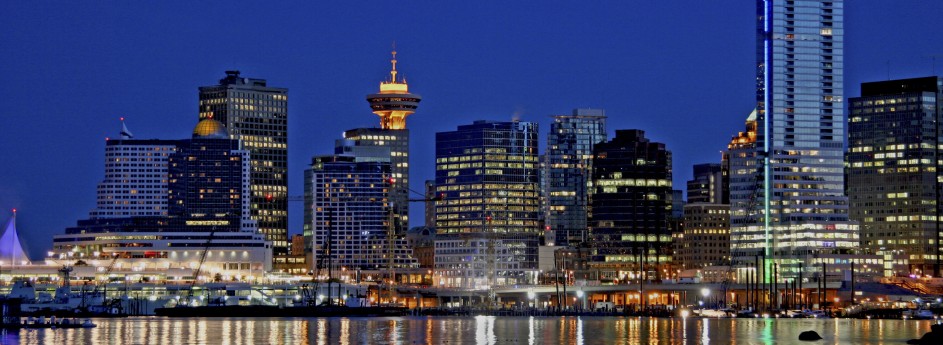Human Rights Crucial but Exploited for Political Agendas and Interference: UN Delegates
Delegates warned the Third Committee (Social, Humanitarian and Cultural) of the UN General Assembly that the UN human rights machinery is at risk of abuse as they debated its special procedures and mandates.
Canada’s representative said exceptional or unique circumstances continued to erode the universal nature of human rights, a trend that often led to greater inequality, injustice, violence and death.
The politics surrounding human rights instruments was also addressed by India’s representative, who noted that nearly half of the thematic mandate holders came from one region, while the reliance on voluntary funding to support the Special Procedures system privileged some mandates over others, and could have adverse impacts on their perceived independence. He expressed concern that the United Nations human rights machinery had divided States and was being used as a political tool.
Espousing a practical, rather than ideological approach to realizing human rights, Singapore’s representative noted that a one-size-fits-all approach could not address human rights issues, adding “just as no two people are exactly alike, no two societies, communities or States are exactly alike”.
Along those lines, China’s representative urged respect for countries’ choice of rights protection modalities that were tailored to their national circumstances. He opposed double standards on human rights issues, and interference in State affairs under their pretext. Dialogue should be conducted on the basis of equality and mutual learning pursued in an open, inclusive manner.
– UN
China Accounts for Nearly 25% of World Business Travel Spending
According to the GBTA Foundation’s latest business travel forecast, GBTA BTI™ Outlook – China 2016 H2, total business travel spending in China is expected to grow 9.2 percent this year reaching $317.9 billion USD. In 2017, another 8.4 percent increase is expected bringing total Chinese business travel spend to $344.6 billion USD. By comparison, U.S. business travel spending is expected to reach $293.1 billion USD in 2017, a $51.5 billion USD difference, further solidifying China’s new-found position as the largest business travel market in the world.
“China accounts for nearly 25 percent of global business travel spending, up dramatically from a 5 percent share in 2000, demonstrating the truly global nature of today’s economy,” said Michael W. McCormick, GBTA Executive Director and COO.
Additional key findings from GBTA BTI™ Outlook – China 2016 H2 include:
- Domestic business travel comprises over 95 percent of spending on total business travel in China. Following years of double digit growth, as China’s economic expansion continues to slow, GBTA expects growth in domestic business travel spend to slow as well – falling to 9.2 percent this year and 8.6 percent in 2017.
- Despite the slowing economic growth, increased private and public spending on infrastructure continues in anticipation of better days ahead for the Chinese economy. Construction will have obvious long-term benefits to business travelers and companies looking to access cities and regions around the country including the construction of an additional Beijing airport that would accommodate more than 100 million passengers, making Beijing much more accessible to both leisure and business travelers.
- Lower levels of business travel demand should help keep a lid on Chinese travel prices over the next six months. Travel prices have largely outpaced prices on other consumer goods and services over that last five years, but that trend is beginning to reverse. In 2017, GBTA expects air prices in China to increase by just 0.6 percent, however ancillary fees paid by Chinese business travelers are likely to continue their rise as airlines continue to tap non-traditional revenue streams. Hotel price increases will also lag behind general consumer price inflation as demand continues to wane while a healthy hotel construction pipeline remains. GBTA expects a 1.6 percent increase in average daily rates in 2017.
- International outbound business (IOB) travel from China has faced a series of setbacks over the last few years. Most notably, trade demand from markets in North America and Europe has remained weak due to economic contractions. China has also been challenged by the rising value of its currency leading to decreased demand for Chinese exports. GBTA forecasts IOB spending to increase 8.3 percent this year and only 2.6 percent in 2017 reaching $13.9 billion USD.
Africans Mostly Positive About China
This week, Afrobarometer — an African-led research network conducting surveys in 36 African countries — released a report detailing citizens’ attitudes toward China. They’re mostly positive.

Across the countries surveyed, 63 percent of respondents thought China’s economic and political influence in their country was positive. In Mali, 92 percent of citizens said China’s influence in Mali was positive. The countries in which less than half of the respondents had a positive opinion about China’s influence included Algeria, Egypt, Ghana, Lesotho, Madagascar, Morocco and Zimbabwe.
While still positive, the average African opinion on China’s economic development assistance was less enthusiastic. Afrobarometer asked, “In your opinion, does China’s economic development assistance to your country do a good job or a bad job of meeting the country’s needs, or haven’t you heard enough to say?” More than half (56 percent) of the nearly 54,000 survey participants though China’s development assistance was doing a good job in their country, with Malians again having the highest proportion of citizens with favorable attitudes (88 percent).
Why does China have such a positive image in Africa? Afrobarometer asked survey participants to name what factor contributes most to a positive image of China in their country. The most frequent response was China’s investment in infrastructure and development (32 percent), followed by the low cost of Chinese products (23 percent).
Cheap Chinese products, however, are also a source of China’s negative image in Africa. The poor quality of Chinese products was the most significant factor shaping Afrobarometer’s survey participants’ negative images of China — mentioned by 35 percent of respondents. Second to product quality in shaping a negative image of China was the perception among Africans that Chinese take jobs or business from locals — mentioned by 14 percent of respondents.
These mostly positive assessments of China do not necessarily mean China has displaced the West in Africans’ attitudes toward external influences. On the contrary, many Africans (30 percent) see the United States as the most popular model for national development, followed closely by China (24 percent). Likewise, more Africans see their former colonial powers as having the greatest influence (28 percent), compared to China (cited by 23 percent) and the United States (cited by 22 percent).
So, if we had to place this report of citizens’ attitudes on a continuum of concern about China in Africa, it would join the growing chorus of scholars that China’s influence in Africa is not something to be feared.
– Washington Post



